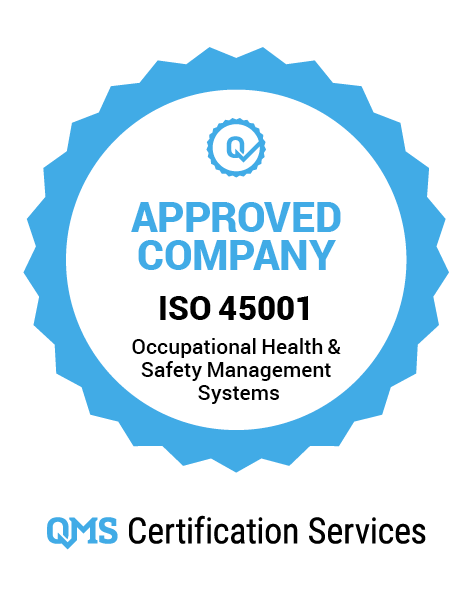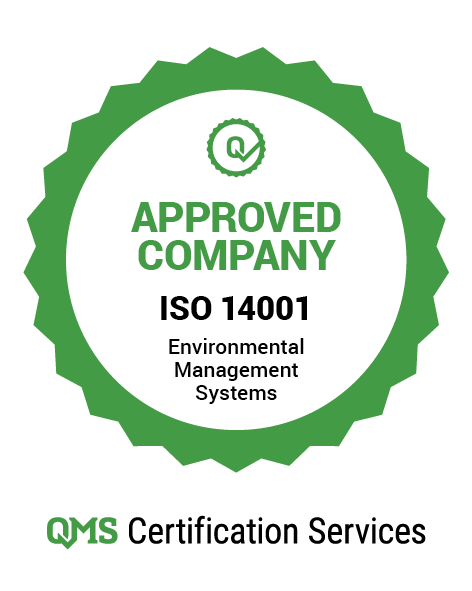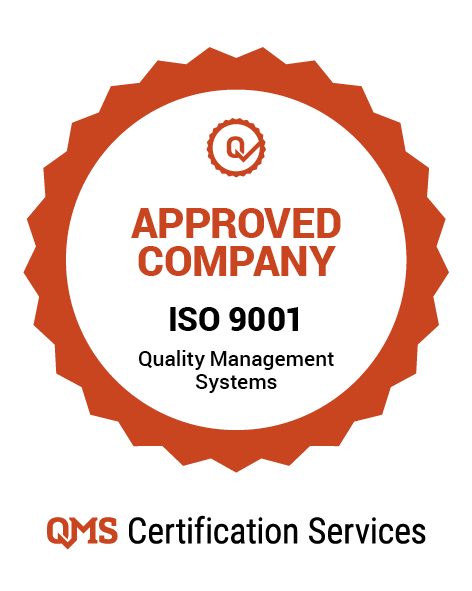In today’s dynamic business landscape, organizations are constantly seeking ways to optimize operations, reduce costs, and improve the overall workplace experience. One approach that has gained significant traction is Integrated Facility Management (IFM).
This holistic and strategic approach to managing facilities encompasses a wide range of services and functions aimed at enhancing efficiency, sustainability, and employee well-being. Let’s delve into what Integrated Facility Management means and why it is crucial in the modern business environment.
Defining Integrated Facility Management
Integrated Facility Management is a comprehensive and strategic approach to managing all aspects of a facility or property. It goes beyond traditional facility management practices by integrating various services, systems, and processes to create a seamless and efficient environment. IFM encompasses a broad spectrum of services, including facility maintenance, space planning, energy management, security, cleaning services, workplace optimization, and more. The goal of IFM is to create an optimal workplace environment that supports the organization’s objectives while maximizing cost-effectiveness and sustainability.
Key Components of Integrated Facility Management
Facility Maintenance: This includes preventive maintenance, repairs, and upkeep of building systems and equipment to ensure optimal functionality and safety.
Space Management: Efficient utilization of space through strategic planning, layout design, and occupancy optimization to support productivity and collaboration.
Energy Management: Implementing sustainable practices and technologies to reduce energy consumption, lower costs, and minimize environmental impact.
Security Services: Ensuring a safe and secure workplace through access control, surveillance systems, emergency response planning, and risk management strategies.
Cleaning and Housekeeping: Maintaining cleanliness, hygiene, and aesthetic appeal through regular cleaning services, waste management, and janitorial support.
Workplace Services: Providing amenities and services that enhance the overall employee experience, such as catering, concierge services, fitness facilities, and transportation management.
Importance of Integrated Facility Management
Cost Efficiency: IFM helps organizations optimize resource allocation, reduce operational costs, and achieve greater cost efficiency through streamlined processes and strategic planning.
Enhanced Productivity: A well-managed and optimized workplace environment leads to increased employee productivity, satisfaction, and engagement. IFM focuses on creating spaces that support collaboration, creativity, and well-being.
Sustainability: Integrated Facility Management emphasizes sustainable practices and technologies, contributing to environmental conservation, energy efficiency, and corporate social responsibility goals.
Risk Mitigation: Through effective security measures, emergency preparedness, and compliance with regulations, IFM helps organizations mitigate risks and ensure a safe working environment.
Improved Asset Performance: Proactive maintenance, asset tracking, and lifecycle management strategies under IFM contribute to the longevity and optimal performance of facilities and equipment.
Focus on Core Business: By outsourcing facility management functions to experienced professionals, organizations can focus on their core business activities and strategic initiatives, leading to greater agility and competitiveness.
Conclusion
Integrated Facility Management is not just about managing buildings; it’s about optimizing the entire workplace ecosystem to drive efficiency, sustainability, and employee satisfaction. By integrating diverse services, leveraging technology, and adopting best practices, IFM enables organizations to create agile, cost-effective, and future-ready workplaces that support their mission and vision. Embracing Integrated Facility Management is not just a choice but a strategic imperative for organizations looking to thrive in today’s dynamic business environment.
Get the Latest Facility Management Practices, Tips, Industry Updates, and Insights Delivered Straight to Your Inbox!
In the spirit of reconciliation TQN Construct acknowledges the Traditional Custodians of country throughout Australia and their connections to land, sea and community. We pay our respect to their Elders past and present and extend that respect to all Aboriginal and Torres Strait Islander peoples today.
Our Support and Sales team is available 24 /7 to answer your queries


